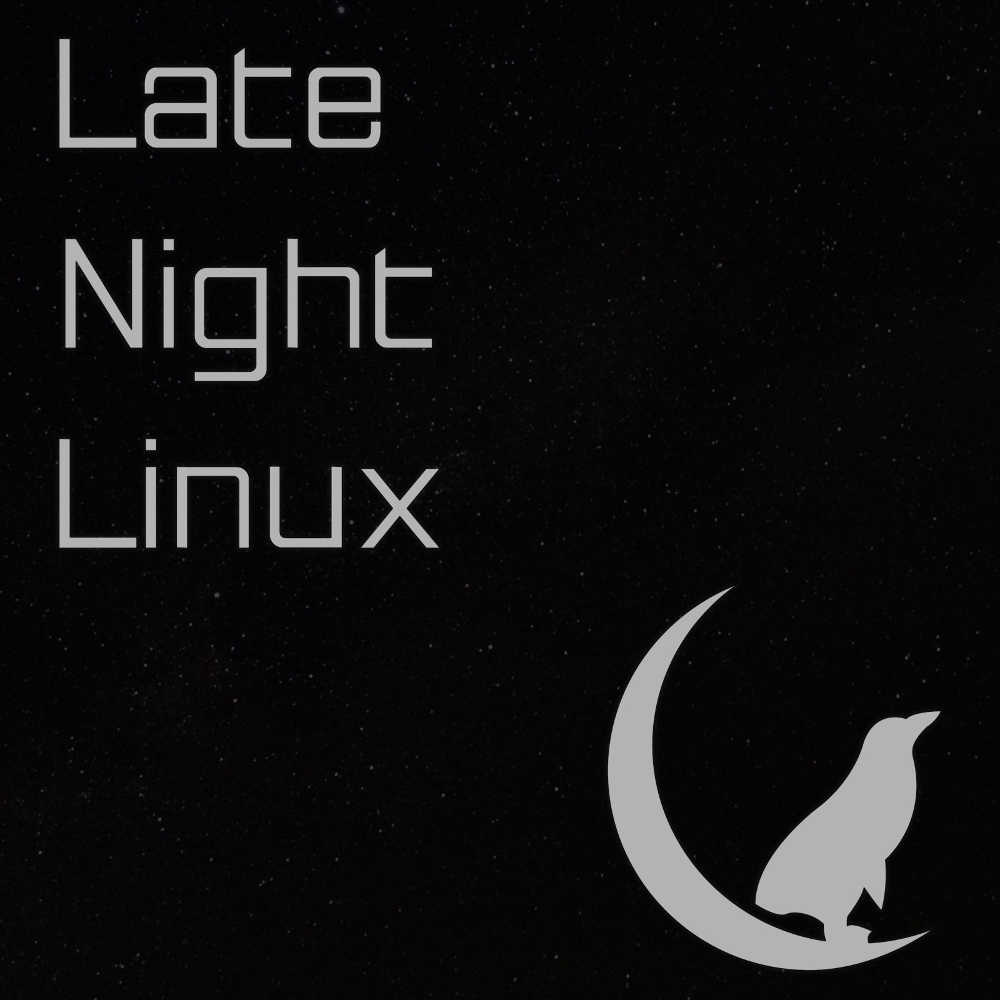ServerMania
Get 15% Off dedicated servers – recurring for Life at servermania.com/lnl with code LATENIGHTLINUX
Tailscale
Tailscale is an easy to deploy, zero-config, no-fuss VPN that allows you to build simple networks across complex infrastructure. Go to tailscale.com/lnl and try Tailscale out for free for up to 100 devices and 3 users, with no credit card required.
Support us on patreon and get an ad-free RSS feed with early episodes sometimes



